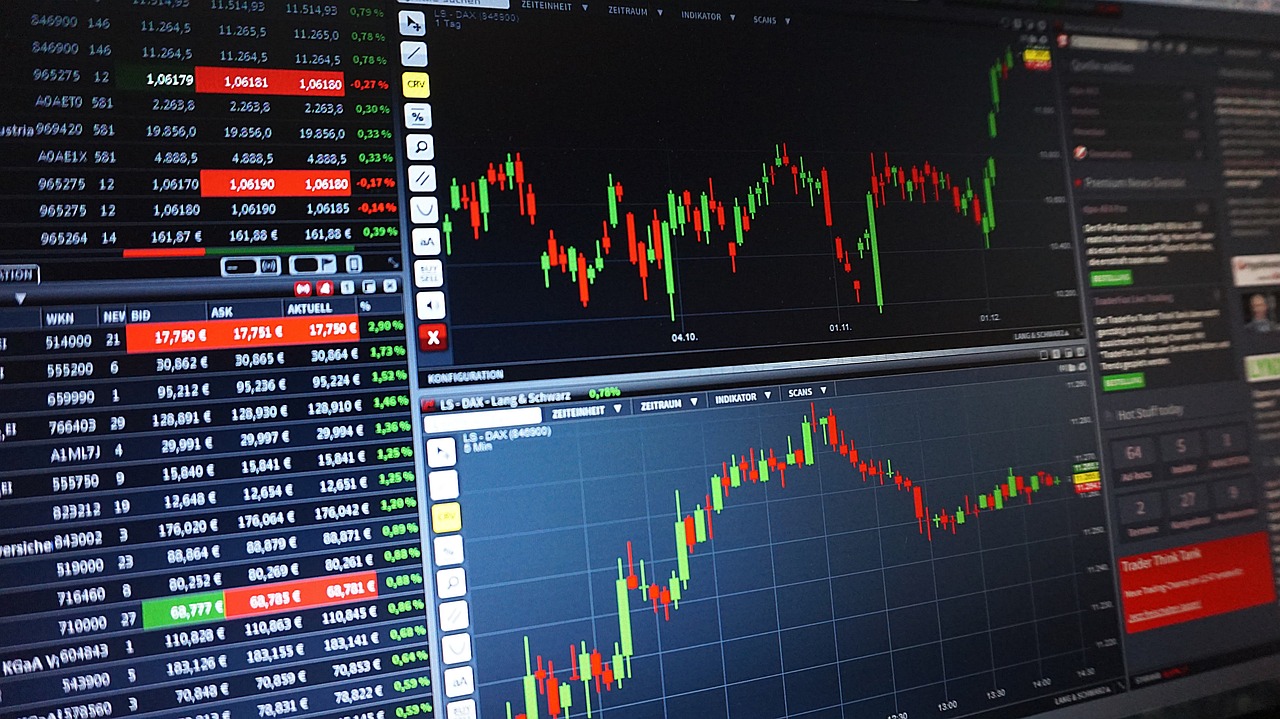
Speaking to analysts at CES 2025, Nvidia (NVDA) CEO Jensen Huang said that “very useful quantum computers” are likely 20 years away. The commentary from the tech executive caused an immediate negative reaction in quantum computing stocks, sending popular names like IonQ (IONQ) and Rigetti Computing (RGTI) down between 40% and 50% on Jan. 8.
The CEO was not bashing quantum computing by any means. In fact, he says that Nvidia is continuing to invest in quantum and has partnerships with many quantum-focused firms. That list includes Rigetti, and some investors speculate that a formal partnership between IonQ and Nvidia may be just around the corner. In November 2024, IonQ demonstrated an end-to-end application workflow that combined its quantum computing tech with the Nvidia CUDA-Q platform. CUDA-Q is an open-source model from Nvidia for developing quantum applications.
How should investors take the news? Is the 40% plunge in IONQ stock warranted? Or could IonQ be a better buy at its new levels near $29?
About IonQ Stock
IonQ is one of the most popular pure-play ways to invest in quantum computing. In fact, after it began trading on the New York Stock Exchange in October 2021, it became the first pure-play quantum company to trade publicly.
The company currently markets various quantum systems, including its Aria, Forte, and Forte Enterprise products. In development is the IonQ Tempo, which it projects to have 64 “algorithmically useful” qubits. IonQ says that Tempo will operate with 99.9% fidelity, 95% system uptime, and a 68% reduction in the square footage needed to install and use the system. Essentially it is working on making faster, smaller, and more powerful quantum computers. Tempo is expected to launch later in 2025.
Shares of IONQ stock are up about 133% over the past 52 weeks, and more impressively, are up 285% in the past six months. The plunge in shares on Wednesday makes its year-to-date return much more sour, with a loss of 29% in 2025.

The Future of Quantum Computing
In April 2024, McKinsey declared that it was time for “businesses to begin planning their quantum-computing strategies.” Analysts at the firm project that the technology could create “trillions of dollars” over the next decade, with the chemicals, life sciences, finance, and mobility sectors projected to gain $2 trillion by 2035.
There are many use cases for quantum computing, including unlocking greater artificial intelligence and machine learning achievements, powering faster and more accurate drug discovery and gene-editing, improving the speed and accuracy of financial modeling, and improving the accuracy of military and defense systems.
Companies like IonQ are hoping to develop the quantum computers that will power these achievements, incrementally improving their systems by adding qubits as they go.
How Should You Play IONQ Stock Here?
With IonQ shares down over 40% in intraday trading, how should investors approach the quantum computing name?
Analysts are cautiously optimistic, with a consensus “Moderate Buy” rating. Two analysts have “Strong Buy” ratings, one has a “Moderate Buy” rating, and one has a “Hold” on shares.
In terms of its 12-month price target, IONQ continues to trade above the average estimate even after its plunge on Wednesday. Analysts have an average 12-month target of $26, below its current price near $29.
However, after pulling back, the Street-high price target of $45 implies significant upside potential of 55%. For investors with a higher risk appetite, its “Moderate Buy” rating and potential for upside to $45 may make it a worthy buy on the dip. However, for investors that prefer a more cautious approach, it may be better to heed Huang’s message and wait on the sidelines with IONQ and its peers.








